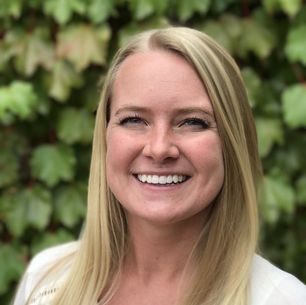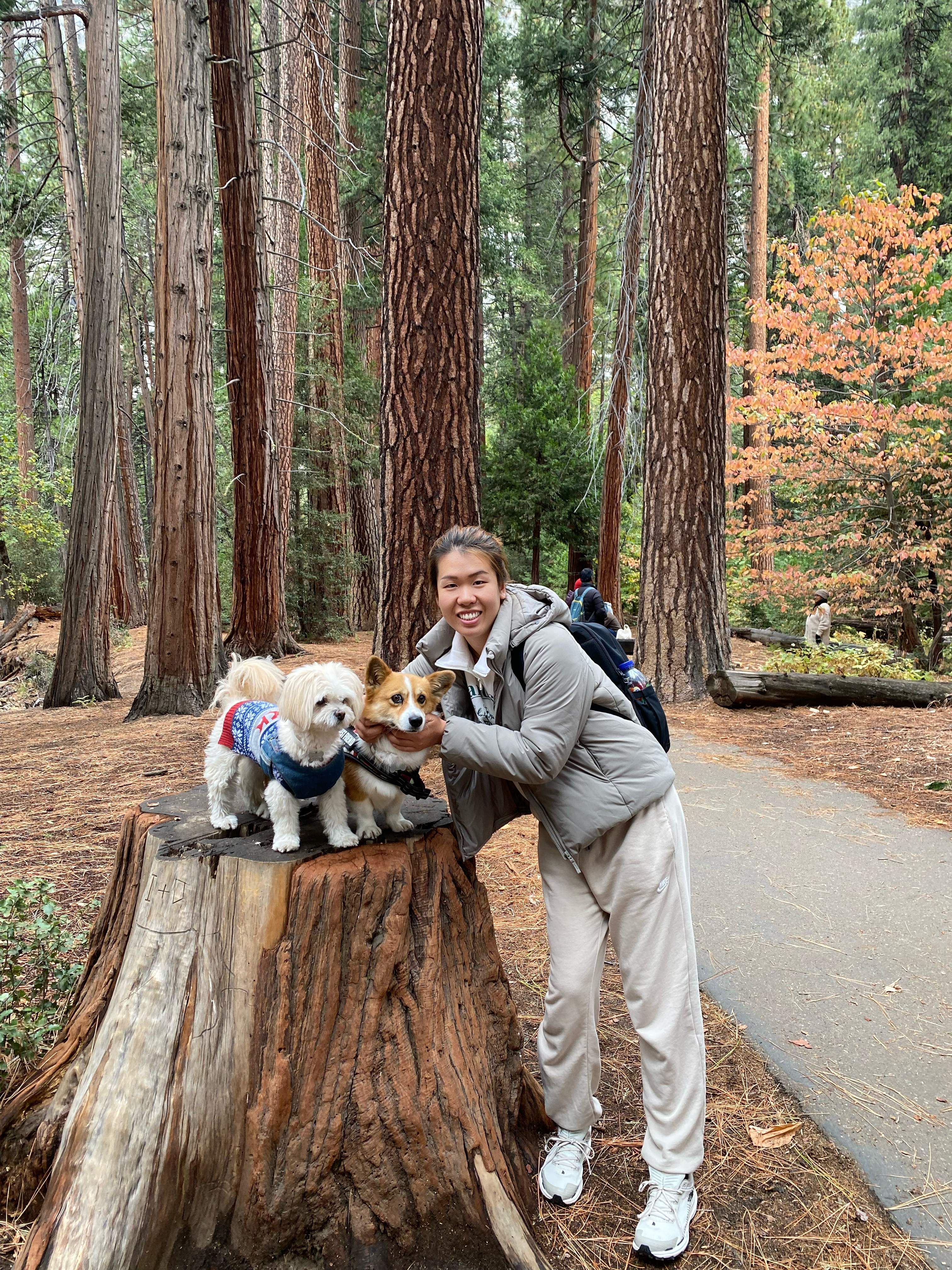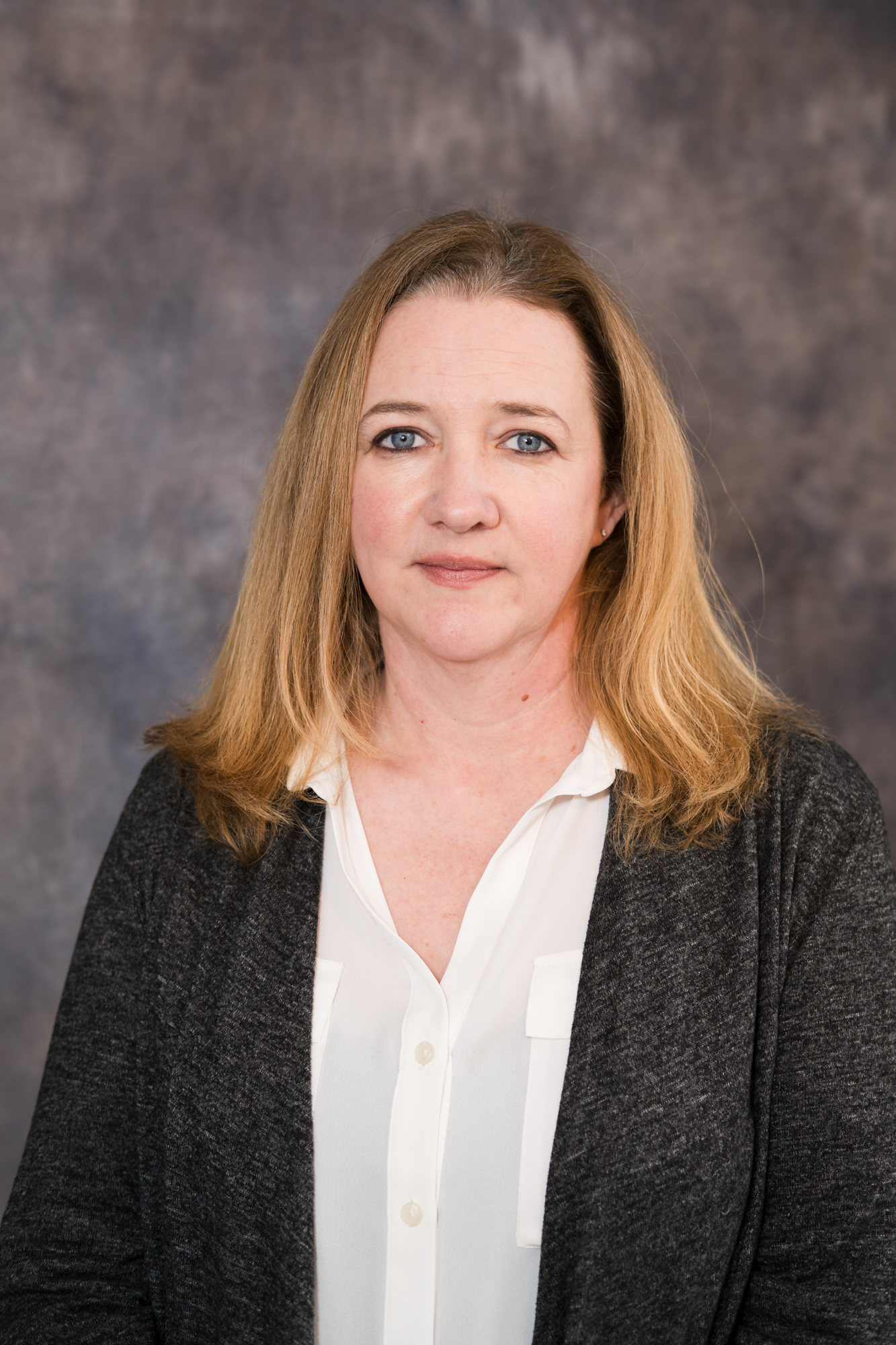Wildlife Health Quantitative Group

Noelle Thompson
Noelle is the leader of the quantitative group. She is the interagency wildlife health specialist for the Western Association of Fish and Wildlife Agencies. She earned her PhD in Fisheries and Wildlife with a concentration in disease ecology and conservation medicine at Michigan State University. Her research has focused on chronic wasting disease modeling and management, but her interests range broadly in the ecology and modeling of infectious diseases and decision analysis. She is always eager to collaborate on wildlife health projects.

Jim Booth
Jim is the Department Chair and a Professor in the Department of Statistics and Data Science at Cornell University, one of three departments in Computing and Information Science. He joined the group in 2020 and has already revolutionized the way we think about sampling wildlife for disease, specifically by considering natural clustering behavior. Attributing his success to watching the deer in his backyard, Jim continues to be modest despite the fact that we all want him to win the Nobel Prize.

Carlos Gonzalez Crespo
Carlos is an assistant project scientist in the Center for Animal Disease Modeling and Surveillance (CADMS) at University of California - Davis, with a PhD and Master's degree in Biodiversity from the Autonomous University of Barcelona. Specializing in infectious disease epidemiology, his research focuses on the impact of pathogens on ecosystems. His doctoral work used models to assess disease management and transmission risks in urban wild boars in Barcelona. Currently, he is exploring agent-based models to understand disease transmission at the wildlife-domestic-human interface, with a particular emphasis on artificial intelligence (machine learning and deep learning) and big data applications.

Sarah Van de Berg
Sarah is a wildlife health biologist working with the Massachusetts Division of Fisheries and Wildlife (MassWildlife) on the development and long-term sustainability of their wildlife health program. She supports projects related to wildlife and zoonotic disease for other people, and she loves every minute of it.

Yitong Huang
Yitong is a PhD student in epidemiology at the University of California - Davis. Her academic pursuits reflect her strong interest in disease modeling in wildlife populations. Yitong’s current research focuses on quantifying the risk of exposure and spread of chronic wasting disease in California during its early outbreak phase using quantitative risk assessment and agent-based models. Her work aims to comprehensively evaluate the risks associated with hunter movements, guiding disease surveillance efforts to prioritize high-risk hunting zones and enhance education and awareness campaigns in those areas.

Brenda Hanley
Brenda is a research associate in the Wildlife Health Lab in the Department of Public and Ecosystem Health at Cornell University. Her research involves adapting or inventing new computational tools to aid resource managers in analyzing their data. She is trained in geography, mathematics, statistics, and computational biology. When not doing math or stats for wildlife bios, she is outside fully engrossed by the rocks.

Jean-Philippe Dion
Jean-Philippe joined Quebec’s Ministère de l’Environnement, de la Lutte contre les changements climatiques, de la Faune et des Parcs in 2019, as a wildlife biologist. Specializing in wildlife health and animal welfare, he notably worked on the provincial chronic wasting disease management plan. He holds a bachelor’s degree in biology from Université Laval and a technical degree in bioecology.

Yu Gong
Yu is a PhD candidate in Analytics at the Smith School of Business, Queen’s University. His research focuses on leveraging optimization, machine learning, and reinforcement learning to transform data into quantitative insights for policymaking. His current work is primarily applied to sustainable operations, with a particular context in biodiversity conservation.

Beatriz Martínez-López
Beatriz is a professor of infectious disease epidemiology at the Department of Medicine & Epidemiology, Veterinary School, University of California - Davis and Director of the Center for Animal Disease Modeling and Surveillance since January 2014, a recognized FAO Reference Center for Veterinary Epidemiology. She has more than 150 publications related with the development and implementation of quantitative methods such as epidemiological modeling, risk assessment, geostatistical methods or network analysis to unravel complex epidemiological problems at the wild-domestic-human interface. Currently, she is leading the development, implementation and validation of novel Big Data analytical and visualization tools and their integration into operational, web-based, user-friendly platforms such as the Disease BioPortal to more timely support animal health decisions in livestock and aquaculture industries. She currently teaches mostly graduate courses such as “Applied Epidemiology Problem solving”, “Infectious Disease Epidemiology”, “Health and Ecological Risk Analysis” and “Spatial Epidemiology”, mainly offered to students in the Master of Preventive Veterinary Medicine (MPVM), the Master of Public Health (MPH) and the Graduate Group of Epidemiology (GGE), although other students from other graduate groups are also welcome. She currently mentors more than 15 graduate and undergraduate students and participates annually in several training and technology transfer activities with veterinary services or public health departments in many different countries.

Hunter Reed
Hunter received his veterinary degree from Cornell University and his Master’s of Public Health degree from the University of Minnesota. Currently, he is a Wildlife Veterinarian for the Texas Parks and Wildlife Department (TPWD) where he investigates a wide array of wildlife disease issues across Texas in addition to assisting with wildlife health policy, rule development, and research. Prior to working for TPWD, he also worked at Texas Animal Health Commission as a Field Epidemiologist investigating disease issues in Texas livestock, primarily focusing on chronic wasting disease and cattle fever ticks. Using his varied on-the-ground knowledge of disease topics as well as his working relationships with governmental, academic, and private entities, he seeks to support the long-term conservation of wildlife resources in Texas and across the country.

Adnane Labbaci
Studying forestry at the National School of Forestry Engineers and holding a PhD in GIS and remote sensing from the University Ibn Zohr in Morocco, Adnane has worked for twelve years at the High Commission of Water Forests and Combating Desertification of Morocco, implementing government decisions on forests and watershed management, desertification mitigation and climate change adaptation. In addition, he has developed a regional geospatial database to establish baselines for forest ecosystems assessment and methodology to combat desertification. His professional interests are in research for sustainable development of natural resources especially forest ecosystems, combating desertification, Smart agriculture, partnership and climate change adaptation and mitigation. He spent 1 ½ years at University of California - Davis on a fellowship with the Humphrey Program, where he learned more about monitoring climate change effects on natural resources and geospatial processes to improve the sustainability of forests, to sequestrate carbon and mitigate climate change effects. Adnane is a professor at the Faculty of Sciences of Agadir where he teaches GIS, remote sensing and Spatial Data Infrastructure, supervises master and PhD theses, and coordinates many projects related to earth observation and spatial data infrastructures. He is also a Postdoc Fulbright scholar.

Heather Gaya
Heather is a postdoctoral researcher at the University of Georgia. Her academic interests revolve around accurately estimating population dynamics and abundance, primarily in a Bayesian framework. Heather is currently developing a spatially explicit host-pathogen model to study the spread of CWD across northern Arkansas. She plans to turn the model into an R ShinyApp that state biologists can use to evaluate the impacts of different management strategies on CWD.

Nick Hollingshead
Nick is a data analyst at the Cornell Wildlife Health Lab at Cornell University where he provides expertise in data collection, management, analysis, and communication to support disease surveillance and wildlife health research. He develops and maintains databases, web-based applications, and other digital technologies to improve data collection strategies, increase data sharing, and support the goal of providing timely and effective communication to collaborators, stakeholders, and the public. Nick also provides guidance on technologies that could improve the effectiveness of disease monitoring and surveillance efforts, with a strong focus on geographic information systems and the development of geospatial data resources relevant to animal health.

Krysten Schuler
Krysten is a wildlife disease ecologist and director of the Cornell Wildlife Health Lab at Cornell University. She is interested in the health of wildlife populations and associations with human and domestic animal activities and diseases. She focuses on conserving free-ranging species for current and future generations use and enjoyment using a multi-disciplinary approach involving risk analysis, field studies, human dimensions, and laboratory experiments.